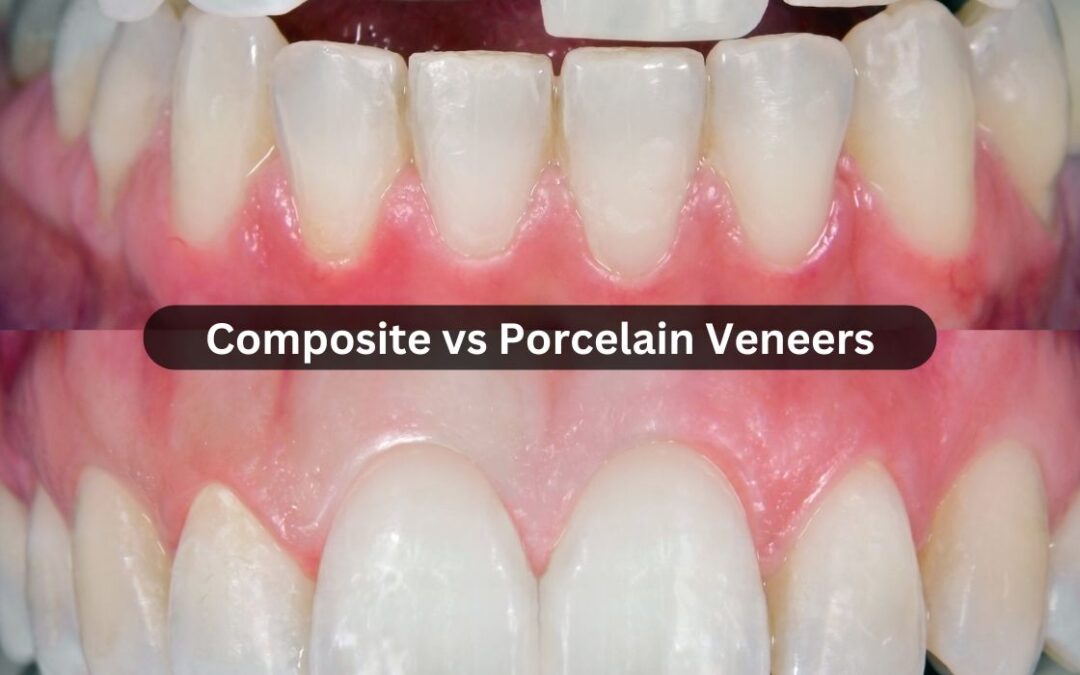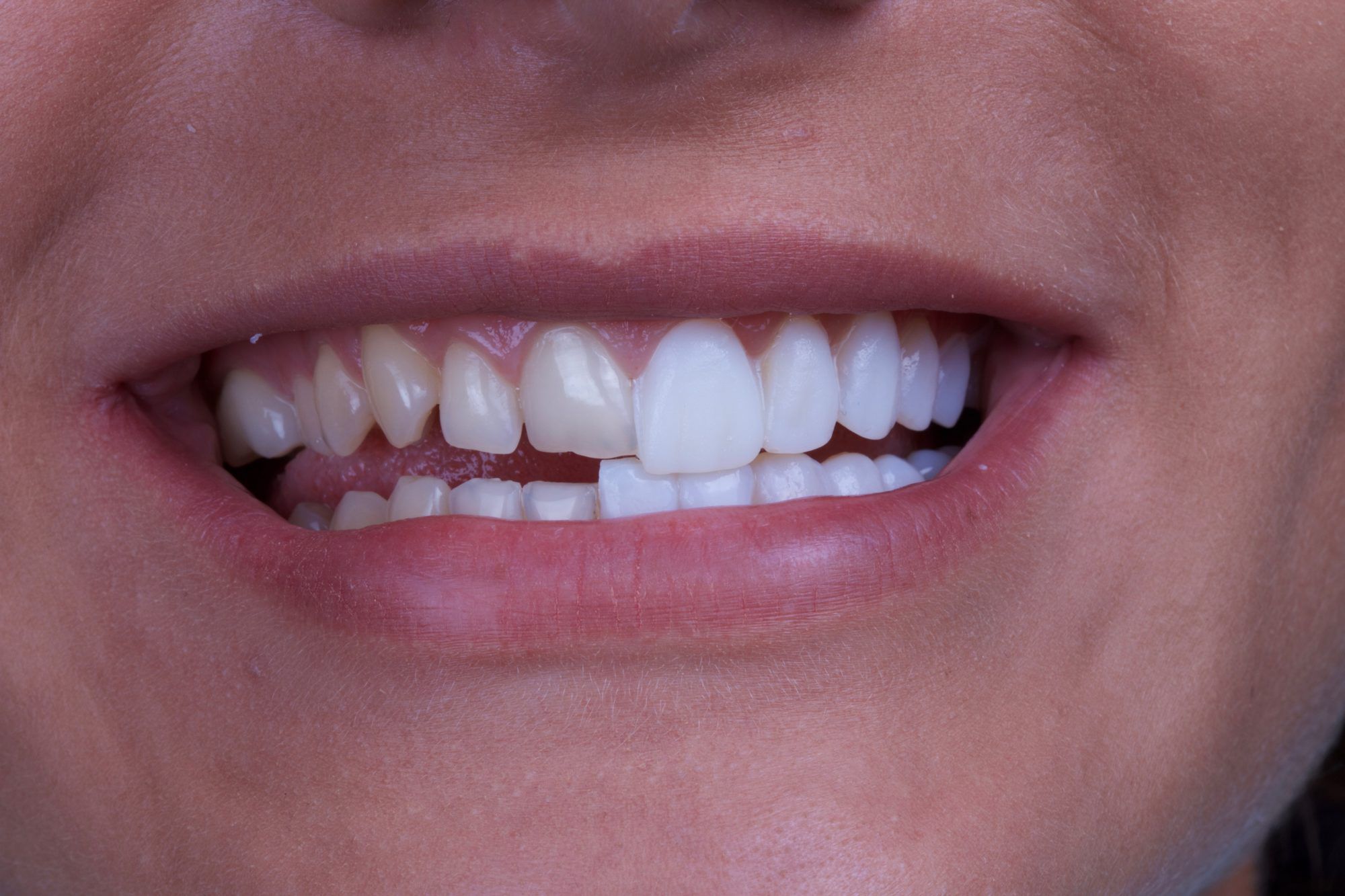Dental Veneers Cost, Procedure, and Aftercare Explained
Wiki Article
The Total Summary of Veneers: Kinds, Utilizes, and Their Influence on Your Smile
Veneers work as a preferred solution for people looking for to boost their dental looks. These custom-crafted coverings can successfully mask flaws such as discoloration and spaces. With 2 main types available, porcelain and composite material, each offers unique advantages and limitations. The influence of veneers extends past plain appearance, affecting self-esteem and social communications. Recognizing their kinds and advantages is necessary. What might this indicate for one's general quality of life?Understanding Veneers: What They Are and Exactly how They Work
Veneers are slim shells, commonly made from porcelain or composite material, that are custom-crafted to fit over the front surface area of teeth. They serve both functional and visual purposes, offering a remedy for various oral blemishes such as discoloration, spaces, and small misalignments. By adhering to the tooth enamel, veneers produce an all-natural look while enhancing the shape and shade of the teeth.The process typically entails a first consultation, where a dental practitioner evaluates the client's demands and reviews wanted outcomes - Dental Veneers. Following this, a minimal quantity of enamel might be removed to suit the veneer. Impressions of the teeth are after that required to guarantee an exact fit. As soon as fabricated, the veneers are bonded firmly to the teeth making use of a special oral adhesive. This procedure not only improves the smile's look however also aids shield the underlying teeth from additional damage, making veneers a preferred option for many looking for a smile transformation
Kinds of Veneers: Porcelain vs. Compound Resin
The distinction in between porcelain and composite resin veneers exists in their material make-up and features. Each type supplies differing degrees of long life, durability, and price, influencing individuals' choices based on their specific needs. Recognizing these differences is necessary for making an informed choice concerning oral enhancements.Product Differences Described
While both porcelain and composite material veneers serve the exact same cosmetic purpose, they differ greatly in material buildings, sturdiness, and visual end results. Porcelain veneers are crafted from a ceramic material that imitates the all-natural transparency of teeth, offering a natural look. Their smooth surface area is resistant to staining, making them an enticing option for those seeking a durable visual. In contrast, composite resin veneers are made from a tooth-colored plastic product, offering convenience and ease of application. They might not attain the same degree of brightness or translucency as porcelain. In addition, composite veneers can be more easily formed and fixed, making them a more versatile choice in particular oral circumstances. Each type presents special benefits tailored to private choices.Durability and Longevity
When contrasting porcelain and composite material veneers, durability and longevity are substantial factors. Porcelain veneers are known for their strength, often lasting 10 to 15 years with proper treatment. Their strength versus breaking and tarnishing makes them a preferred selection for people looking for lasting results. On the other hand, composite resin veneers typically have a much shorter life-span, averaging 5 to 7 years. While they can be repaired more quickly if harmed, they are extra at risk to use and discoloration with time. The option in between these materials typically depends on the person's lifestyle, visual goals, and upkeep choices. Eventually, understanding the distinctions in longevity and durability can assist patients in choosing the veneer type that finest matches their requirements.Price Comparison Insights
When selecting in between porcelain and composite material veneers, expense is a critical consideration. Porcelain veneers typically vary from $800 to $2,500 per tooth, reflecting their sturdiness, aesthetic charm, and resistance to discoloration. These veneers need an extra extensive treatment and specialized lab work, adding to their higher price. On the other hand, composite resin veneers are normally more budget-friendly, costing between $250 and $1,500 per tooth. They can be applied in a single check out, which decreases labor prices. Nevertheless, composite veneers may require more constant substitutes, potentially boosting long-term expenditures. Eventually, the option in between porcelain and composite material veneers depends on specific spending plans and desired end results, balancing initial expenses against longevity and visual results.The Advantages of Choosing Veneers for Your Smile
Selecting veneers supplies substantial benefits for those seeking an enhanced smile. Their improved visual allure can transform the appearance of teeth, while their stain-resistant properties ensure a long-term illumination - Porcelain Veneers. This mix makes veneers a preferred option for people looking to achieve a flawless smileImproved Visual Allure
Veneers often emerge as a preferred option due to their transformative visual advantages when people look for to enhance their smiles. These thin shells, usually constructed from porcelain or composite material, can successfully hide flaws such as chips, voids, and imbalance. By resembling the all-natural look of teeth, veneers give a smooth, glowing smile. Their customizable nature permits a customized technique, enabling people to choose shades and shapes that finest suit their face functions. In addition, veneers can produce an uniform look, enhancing general face balance. This visual enhancement not just increases self-confidence however can additionally positively affect social interactions and individual relationships, making veneers a popular option for those wanting to attain a brighter, much more eye-catching smile.Stain Resistance Perks
Veneers not only improve visual appeal however additionally provide considerable stain resistance, making them an appealing alternative for individuals concerned regarding keeping a bright smile. Made up of durable materials such as porcelain or composite material, veneers are much less permeable than natural teeth, which assists avoid the absorption of discolorations from common offenders like coffee, tea, and merlot. This inherent discolor resistance permits individuals to enjoy their favored drinks without stressing over discoloration. Porcelain Veneers. Additionally, the smooth surface of veneers makes them much easier to tidy, more enhancing their longevity and preserving their immaculate appearance. Consequently, veneers supply a sensible solution for those seeking both beauty and performance in their oral treatmentThe Refine of Obtaining Veneers: What to Expect

The procedure of obtaining veneers may seem intimidating, comprehending the actions entailed can alleviate concerns. At first, a consultation with a dental professional is needed to figure out if veneers are the ideal option for the person's oral concerns. During this appointment, the dentist will certainly go over preferred results and take perceptions of the teeth.
Next, a second appointment is scheduled for tooth prep work, where a small quantity of enamel is commonly eliminated to fit the veneers. Short-term veneers may be positioned while the custom-made ones are crafted in a dental laboratory, which normally takes a couple of weeks.
As soon as all set, the dental practitioner will place the veneers, ensuring appropriate fit and color prior to bonding them to the teeth using an unique adhesive. After final adjustments, the dental practitioner will offer advice on care. Recognizing these steps can help individuals feel much more comfy and notified throughout the veneer procedure.
Upkeep and Treatment for Your Veneers
Preserving veneers requires constant like guarantee their durability and look. Proper oral health is important; cleaning two times daily with a non-abrasive toothpaste and flossing on a regular basis aid avoid plaque build-up around the veneers. Additionally, routine dental examinations are essential for keeping track of the problem of the veneers and addressing any type of prospective concerns early on.When attacking to protect against damages, patients should prevent difficult foods and too much pressure. It's additionally advisable to limit consumption of staining substances, such as coffee, tea, and merlot, as these can impact the veneers' shade gradually.

Changing Your Smile: Real-Life Influence of Veneers
A radiant smile can substantially enhance one's confidence and general look. For lots of people, veneers serve as a transformative service, successfully resolving numerous oral problems such as staining, voids, and imbalance. These slim coverings, custom-made to fit over the front of the teeth, can create a harmonious and aesthetically pleasing smile.Real-life cases illustrate the profound influence veneers can have. People often report an immediate boost in self-worth and social communications following their treatment. The newly found self-confidence can cause more chances in expert and personal life, as people really feel even more inclined to engage and express themselves.
Additionally, the psychological advantages expand past plain look; several experience boosted psychological wellness as they accept their smiles. As a result, veneers not only improve physical characteristics but also add substantially to general lifestyle, highlighting their value in aesthetic dental care.
Often Asked Questions
How Much Time Do Veneers Usually Last Before Needing Replacement?
Veneers generally last in between 10 to 15 years prior to needing substitute. Elements such as dental hygiene, dental practices, and the kind of material utilized can affect their longevity and total resilience. Normal dental exams are suggested.Can Veneers Be Eliminated, and if So, How?
Yes, veneers can be eliminated. A dentist generally uses specialized tools to carefully separate them from the teeth, making certain very little damages to the underlying enamel, usually complied with by required adjustments or remediations for optimal looks.Are Veneers Suitable for Everybody's Dental Problem?

Will Getting Veneers Hurt or Require Anesthetic?
Getting veneers usually includes very little pain, and lots of clients receive local anesthesia to assure a pain-free experience. Level of sensitivity might happen briefly later, but a lot of locate the process bearable and are satisfied with the results.Just How Do Veneers Affect Tooth Sensitivity After Positioning?
Veneers can momentarily enhance tooth level of sensitivity as a result of the elimination of enamel and Veneers Teeth the bonding process. Many people experience a decline in level of sensitivity with time as the teeth get used to the new veneers.Veneers are thin coverings, generally made from porcelain or composite resin, that are custom-crafted to fit over the front surface of teeth. Porcelain veneers are crafted from a ceramic material that imitates the all-natural translucence of teeth, supplying a natural appearance. Porcelain veneers usually vary from $800 to $2,500 per tooth, mirroring their sturdiness, visual allure, and resistance to staining. In contrast, composite resin veneers are normally extra budget-friendly, setting you back in between $250 and $1,500 per tooth. Composed of durable materials such as porcelain or composite resin, veneers are less porous than all-natural teeth, which assists protect against the absorption of discolorations from common offenders like coffee, tea, and red white wine.
Report this wiki page